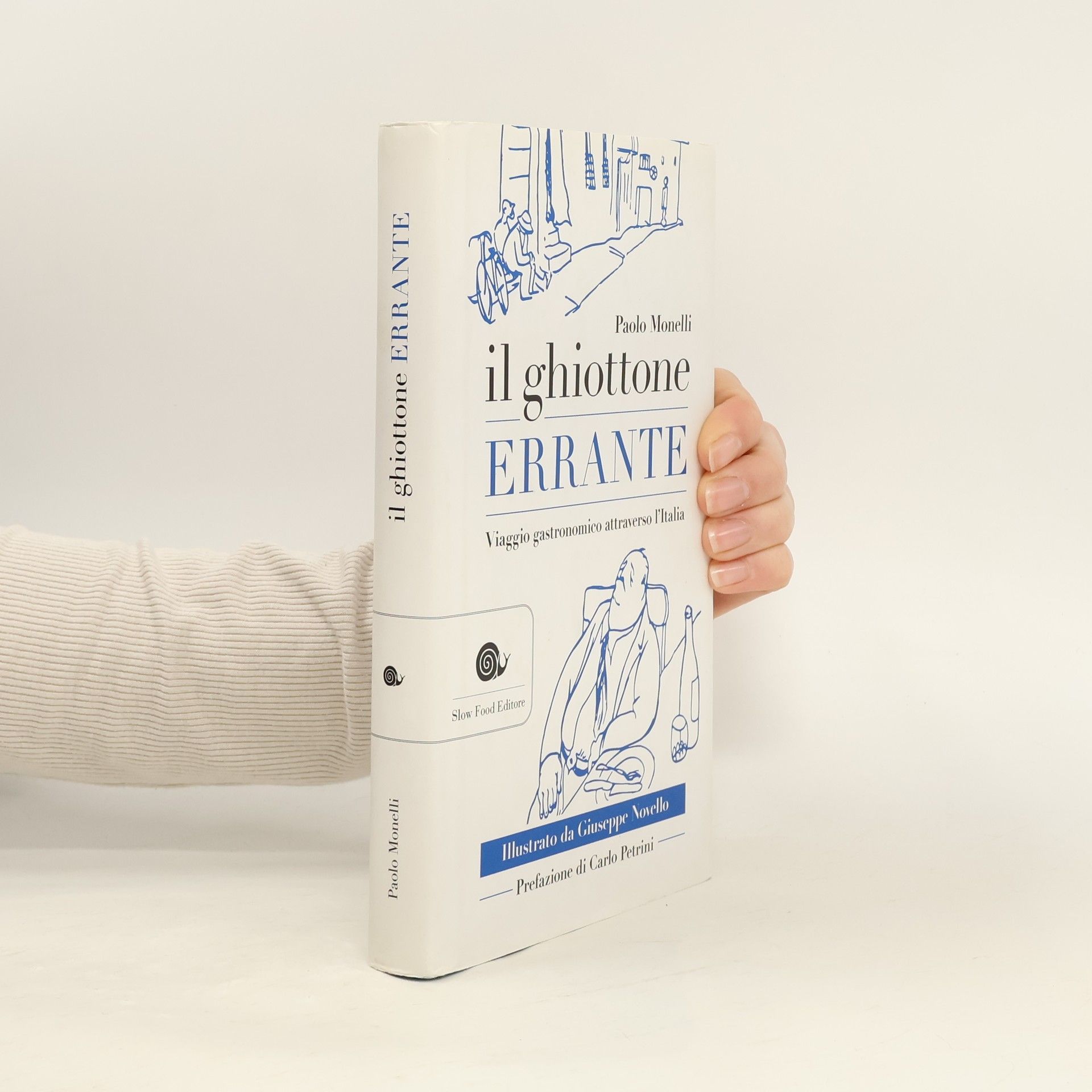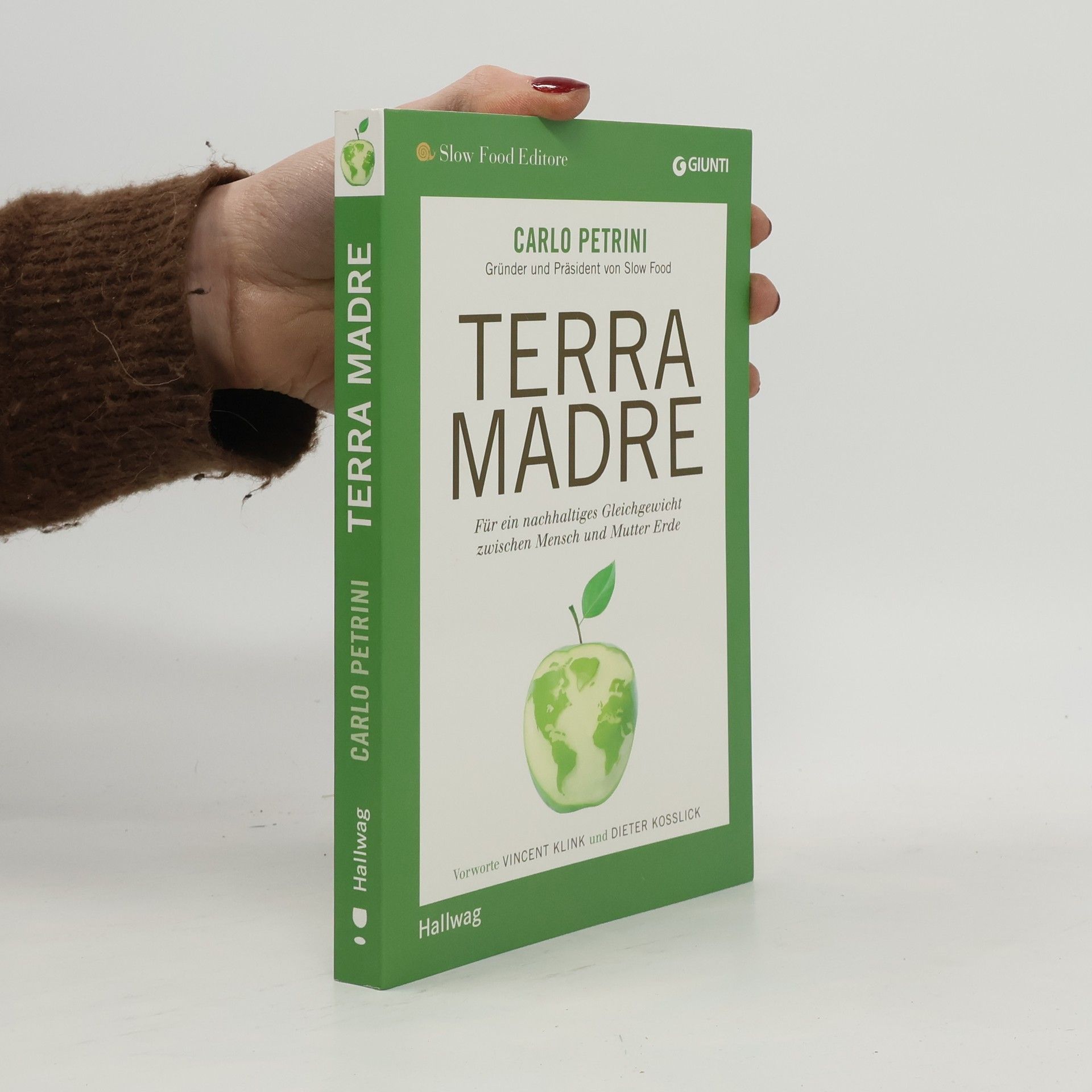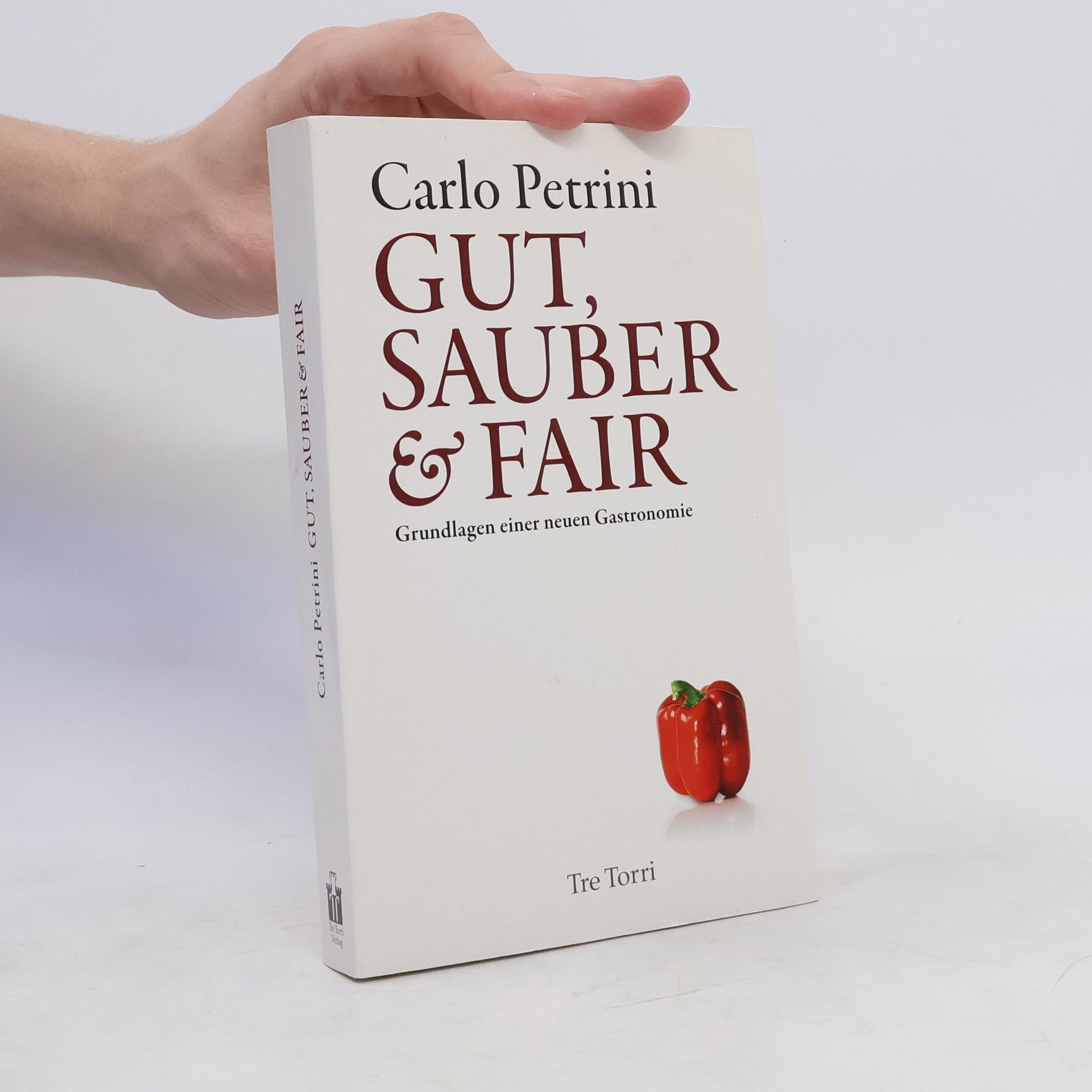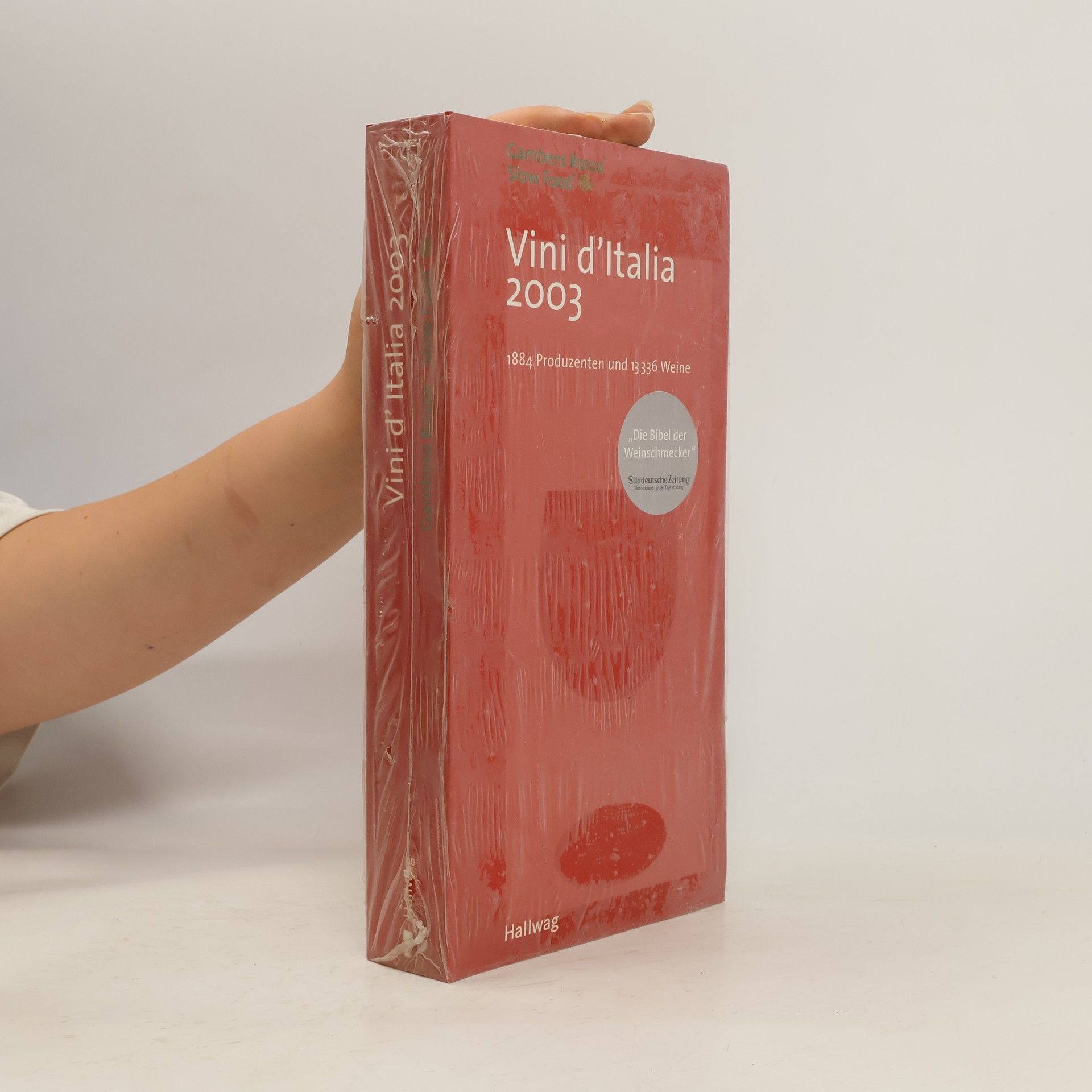Emphasizing the critical role of integral ecology, this book explores its significance for our collective future. It presents a compelling argument for a holistic approach to environmental issues, urging readers to recognize the interconnectedness of social, economic, and ecological systems. Through insightful analysis and practical examples, it inspires a deeper understanding of how sustainable practices can lead to a healthier planet and society, making it a vital read for anyone concerned about the environment and its future.
Carlo Petrini Book order (chronological)
Carlo Petrini is an Italian sociologist, founder of the international Slow Food movement. His work explores the intersection of food, culture, and society. Petrini champions a sustainable and ethical approach to food production and consumption. Through the Slow Food movement, he advocates for the preservation of traditional food practices and biodiversity.
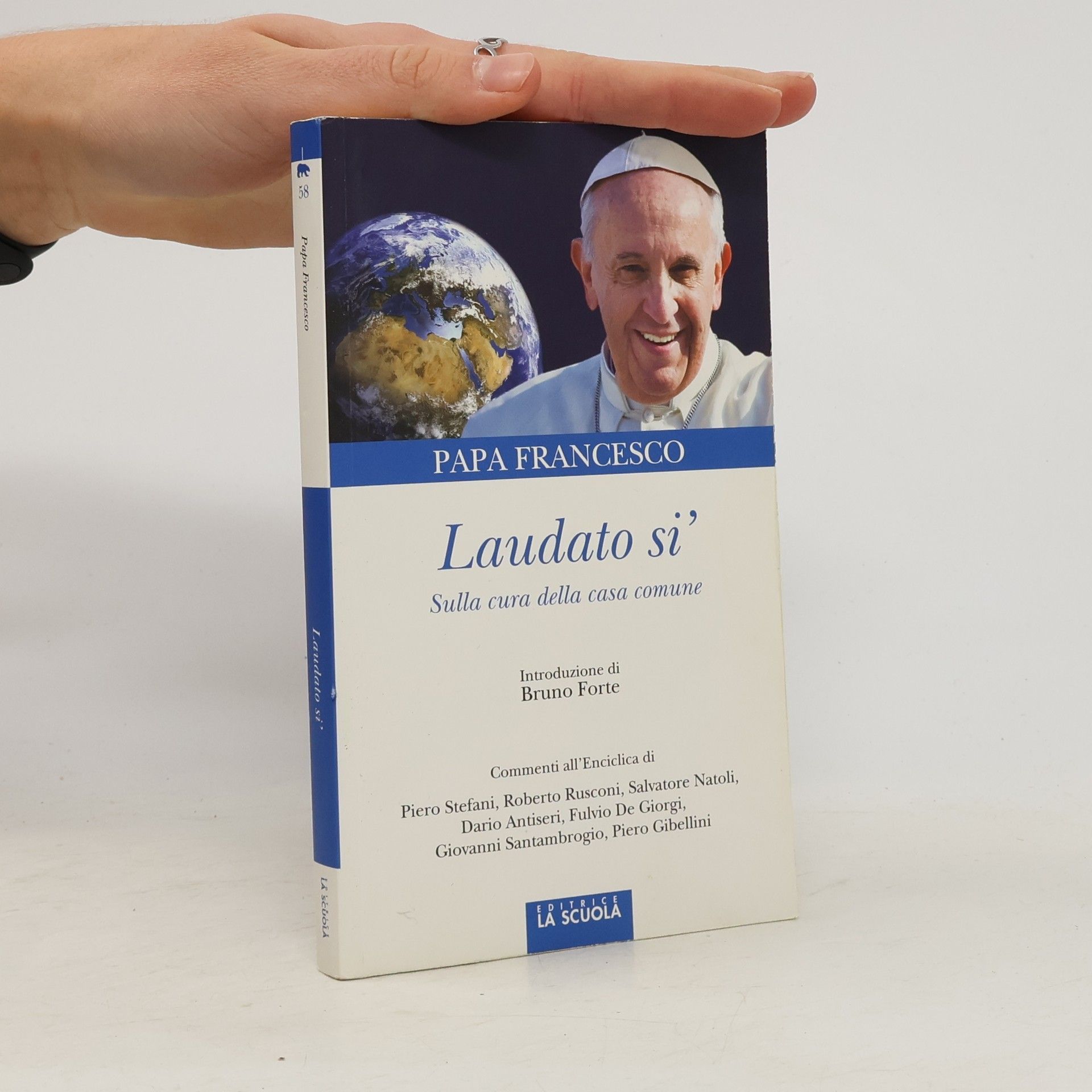
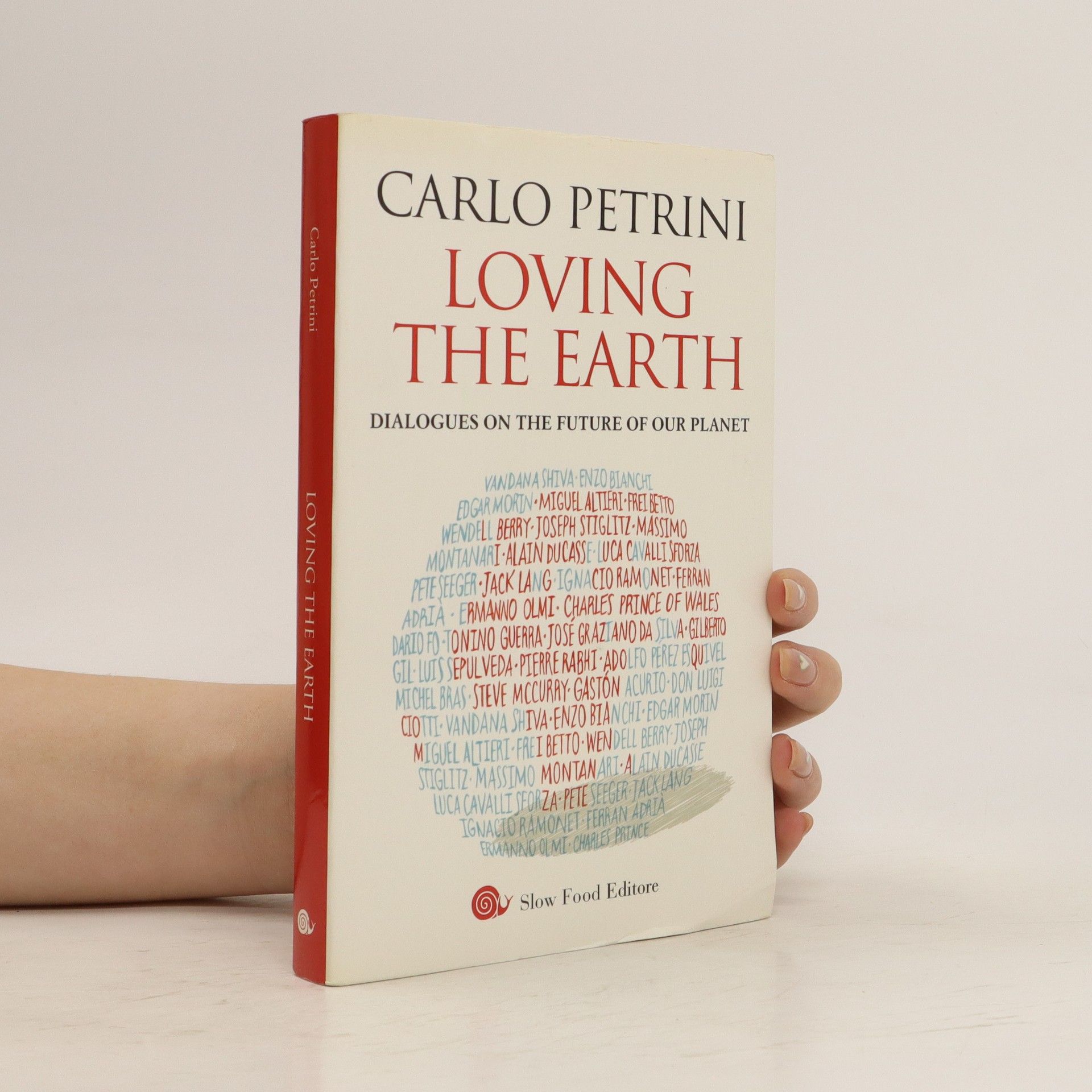

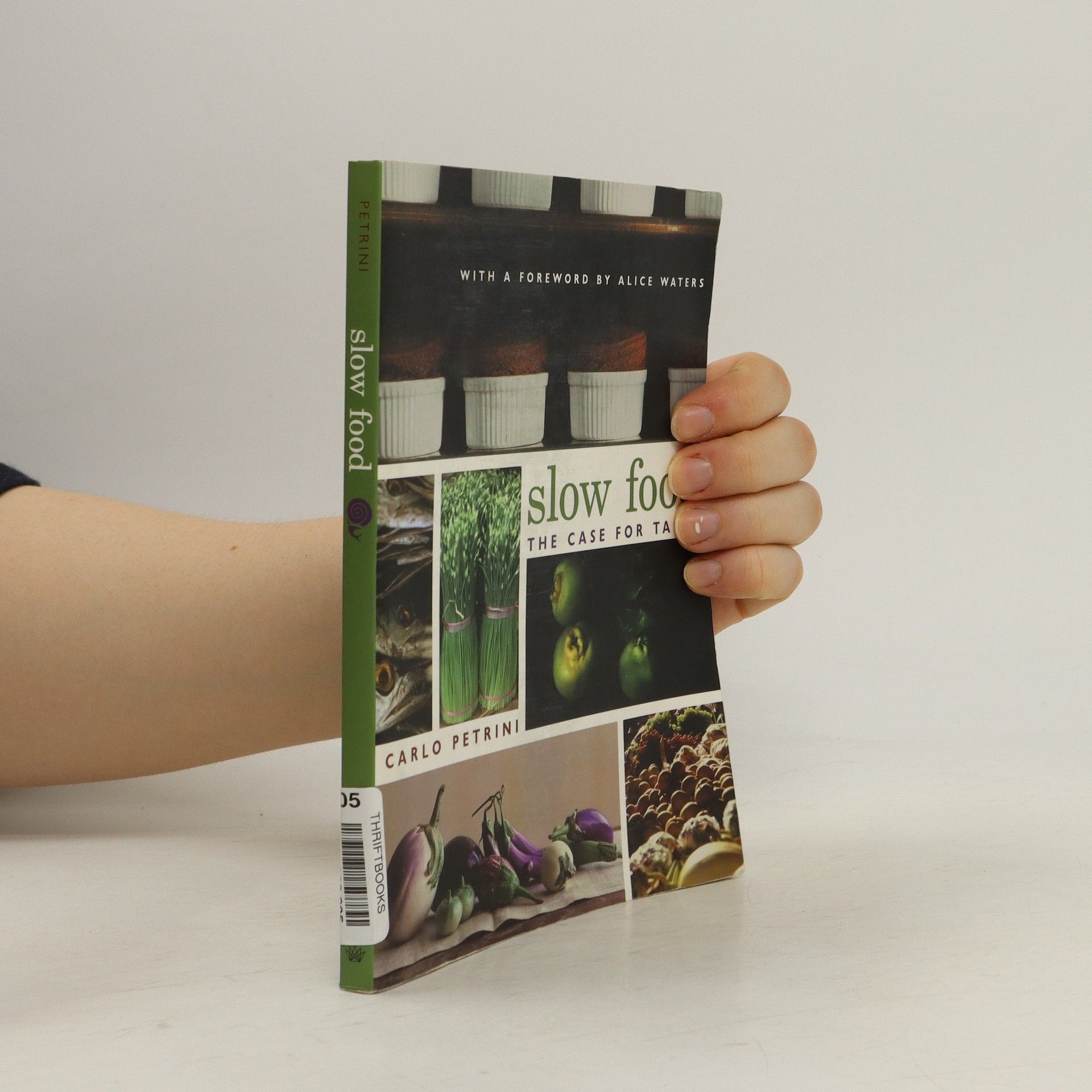
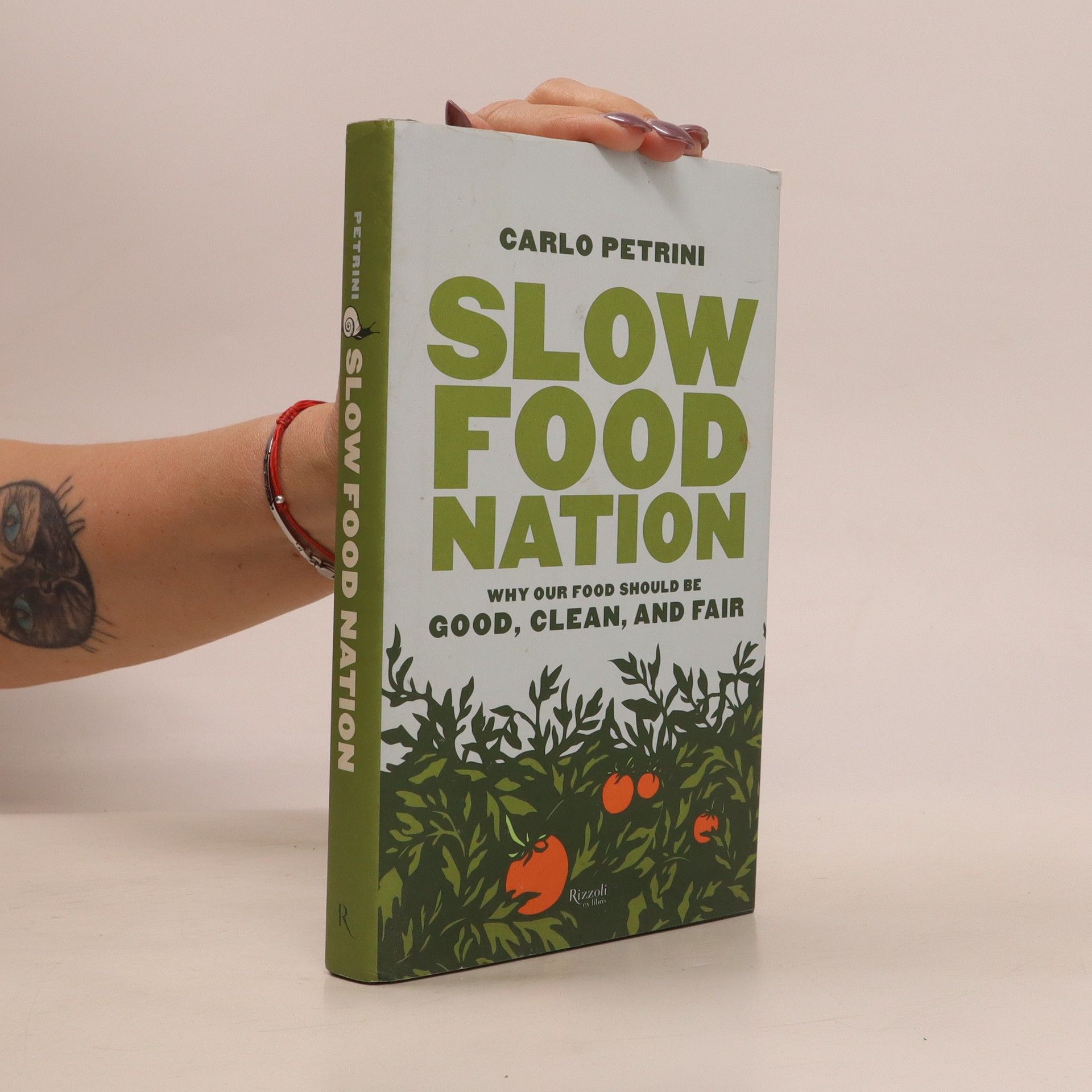

Terrafutura
Gespräche mit Papst Franziskus über Ökologie, Migration und soziale Gerechtigkeit
Carlo Petrini, der Begründer der Slow-Food-Bewegung und Initiator des internationalen landwirtschaftlichen Netzwerks Terra Madre, hat mit Papst Franziskus in den letzten Jahren drei lange Gespräche geführt, die von Anfang an in Buchform erscheinen sollten. Die beiden auf den ersten Blick vielleicht ungleichen Männer eint nicht nur eine große gegenseitige Sympathie, sondern auch ein tiefes Engagement für Mensch und Umwelt. So sind diese Gespräche auf Augenhöhe überraschend, bewegend, manchmal nachdenklich, manchmal schnell und immer wieder amüsant. Die Gespräche fußen auf der Enzyklika Laudato si’ von 2015, über die der Papst sagt, sie sei eher eine Sozial- als eine Umwelt-Enzyklika. Es geht um Dialog und Aufrichtigkeit, ohne die keine Gemeinschaft entstehen kann, um die Verbindung von unserem Wohlergehen mit dem der Natur, um die fatalen Auswirkungen unseres Wirtschaftssystems, um Umweltzerstörung, um Migrationsbewegungen und die Gründe dafür, um die Notwendigkeit eines radikalen Umdenkens und immer um die Frage, wie wir es besser machen können. Ein unglaublich berührendes, motivierendes und anregendes Buch.
Loving the Earth. Dialogues on the Future of Our Planet
- 240 pages
- 9 hours of reading
Un libro degli anni Trenta del '900, che inaugura la critica enogastronomica italiana accompagnando il lettore in un viaggio affascinante tra i prodotti, i piatti, gli osti, le cuoche, le tradizioni e i paesaggi cui appartengono cibi e vini del Bel Paese. Un'opera che nasce come raccolta di articoli commissionati dalla "Gazzetta del Popolo" di Torino e firmata da Paolo Monelli, giornalista capostipite di una fortunata serie di scrittori di enogastronomia, da Soldati a Brera, da Veronelli a Mura, e illustrata da Giuseppe Novello. Un viaggio gastronomico attraverso l'Italia, per quello che può essere considerato un vero capolavoro della nostra produzione letteraria sul cibo. Prefazione di Carlo Petrini
Laudato si'. Sulla cura della casa comune
- 192 pages
- 7 hours of reading
Il messaggio dell’enciclica è accompagnato da commenti che guardano al testo a partire da tre prospettive diverse: quelle di un teologo, di un vescovo e di un politico.
Auch mit seinem aktuellen Buch tritt Carlo Petrini, Vater und Leitikone der Slow-Food-Bewegung, für seine Überzeugung ein: Wir müssen unserer Nahrung und ihren Produzenten ihren wahren Wert zurückgeben. Er macht deutlich, dass unsere Bedürfnisse nur im Einklang mit der Umwelt zu befriedigen sind und soziale Gerechtigkeit nur durch Nachhaltigkeit und ein neues Bewusstsein möglich ist. Terra Madre ist ein leidenschaftliches wie eindrucksvolles Plädoyer gegen den Konsumismus unserer Zeit und seine Folgen und für ein neues Gleichgewicht zwischen Mensch und Erde. Nicht umsonst zählt The Guardian Petrini zu den 50 Personen, die die Welt retten könnten.
Slow Food Nation
- 262 pages
- 10 hours of reading
By now most of us are aware of the threats looming in the food world. The best-selling Fast Food Nation and other recent books have alerted us to such dangers as genetically modified organisms, food-borne diseases, and industrial farming. Now it is time for answers, and Slow Food Nation steps up to the challenge. Here the charismatic leader of the Slow Food movement, Carlo Petrini, outlines many different routes by which we may take back control of our food. The three central principles of the Slow Food plan are food must be sustainably produced in ways that are sensitive to the environment, those who produce the food must be fairly treated, and the food must be healthful and delicious. In his travels around the world as ambassador for Slow Food, Petrini has witnessed firsthand the many ways that native peoples are feeding themselves without making use of the harmful methods of the industrial complex. He relates the wisdom to be gleaned from local cultures in such varied places as Mongolia, Chiapas, Sri Lanka, and Puglia. Amidst our crisis, it is critical that Americans look for insight from other cultures around the world and begin to build a new and better way of eating in our communities here.
Für Carlo Petrini, Gründer der bekannten Slow Food-Bewegung, ist die Nahrungsaufnahme ein „Gastronomischer Akt“. Essen soll Spaß machen und unbeschwert zur persönlichen Entspannung beitragen. Doch vor der eigentlichen Nahrungsaufnahme steht der „Landwirtschaftliche Akt“. Slow Food beginnt bereits bei der Nahrungserstellung und nicht erst bei der Nahrungszubereitung. Als Konsequenz beschreibt Carlo Petrini die qualitative Selektion von Produkten und deren Verarbeitung, Kriterien zur gesunden Landwirtschaft und der lokalen Tradition sowie die Förderung biologischer Vielfältigkeit und eine erfolgreiche, unabhängige Landwirtschaft. Er plädiert für drei essentielle Kriterien für Nahrung - gut, sauber, fair. Ein Buch für alle leidenschaftlichen Esser, die weg von schnellen Massenprodukten hin zum wahren Genuss von Nahrung zurückfinden wollen. Und ein Buch für alle die Menschen, die genauer wissen wollen, was auf den Teller kommt.
Gambero Rosso Slow Food - 2003: Gambero Rosso. Vini d'Italia 2003
- 840 pages
- 30 hours of reading
Vollständig, objektiv, kompetent: Vini d’Italia ist das unangefochtene Standardwerk zum italienischen Wein unserer Zeit, die „Bibel der Weinschmecker“ (Süddeutsche Zeitung) Der bedeutendste italienische Einkaufsführer, der in Zusammenarbeit von Slow Food und dem römischen Verlag Gambero Rosso erstellt wird, erschient seit 1989 in deutscher Übersetzung bei Hallwag. Die 2003er-Ausgabe ist wie jedes Jahr wieder vollständig neu geschrieben worden. Dieser Weinführer ist weltweit bekannt für seine Vollständigkeit Es wurden über 19.000 Weine von unabhängigen Teams verkostet; 13.000 Weine von insgesamt 2.000 Produzenten wurden in den Führer aufgenommen. Damit bietet der Gambero Rosso das reichhaltigste Panorama des italienischen Weins überhaupt. Das Werk umfasst die internationalen Spitzengewächse ebenso wie die immer breiter werdende Basis sauber und korrekt gemachter Alltagsweine.

